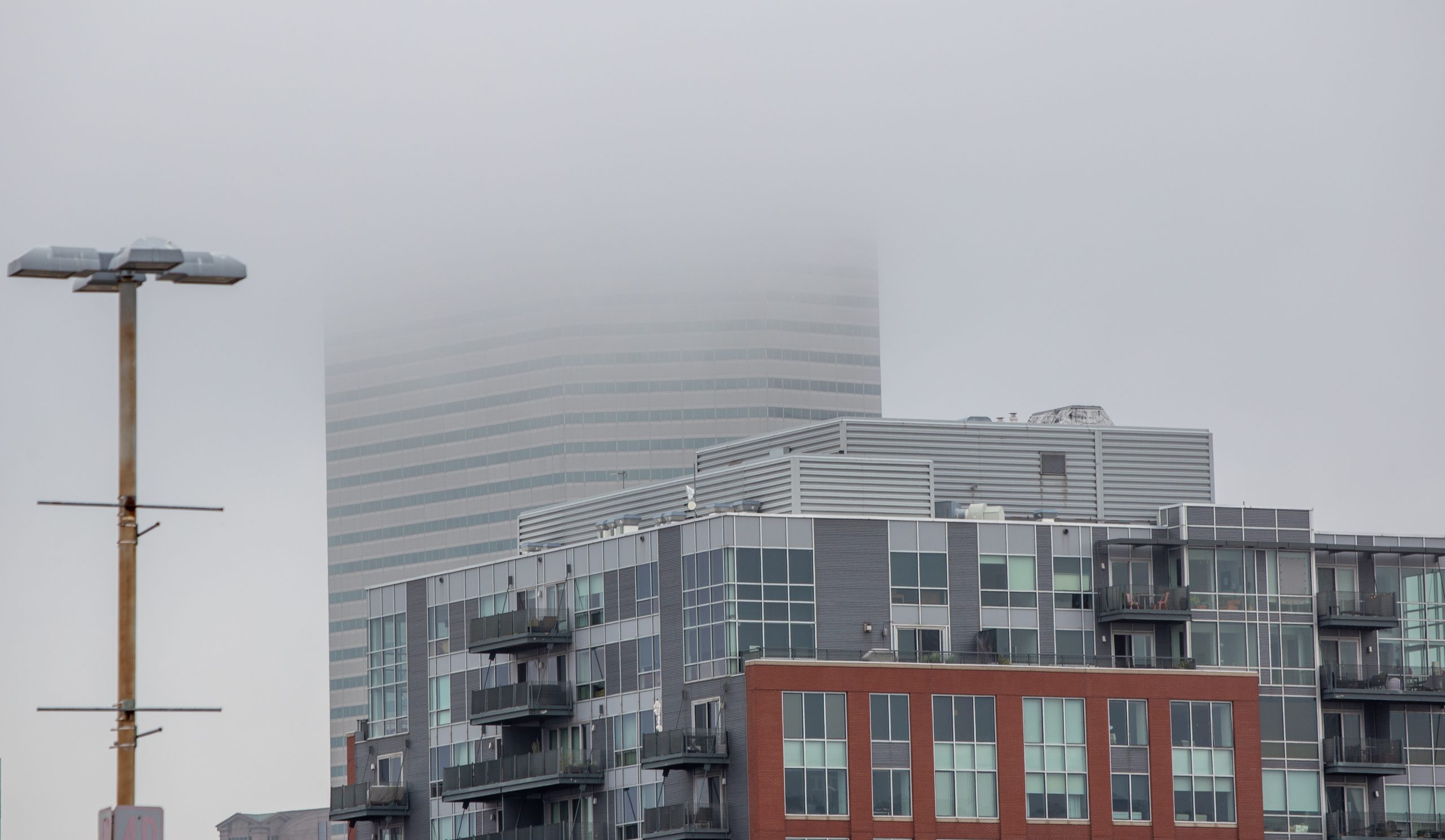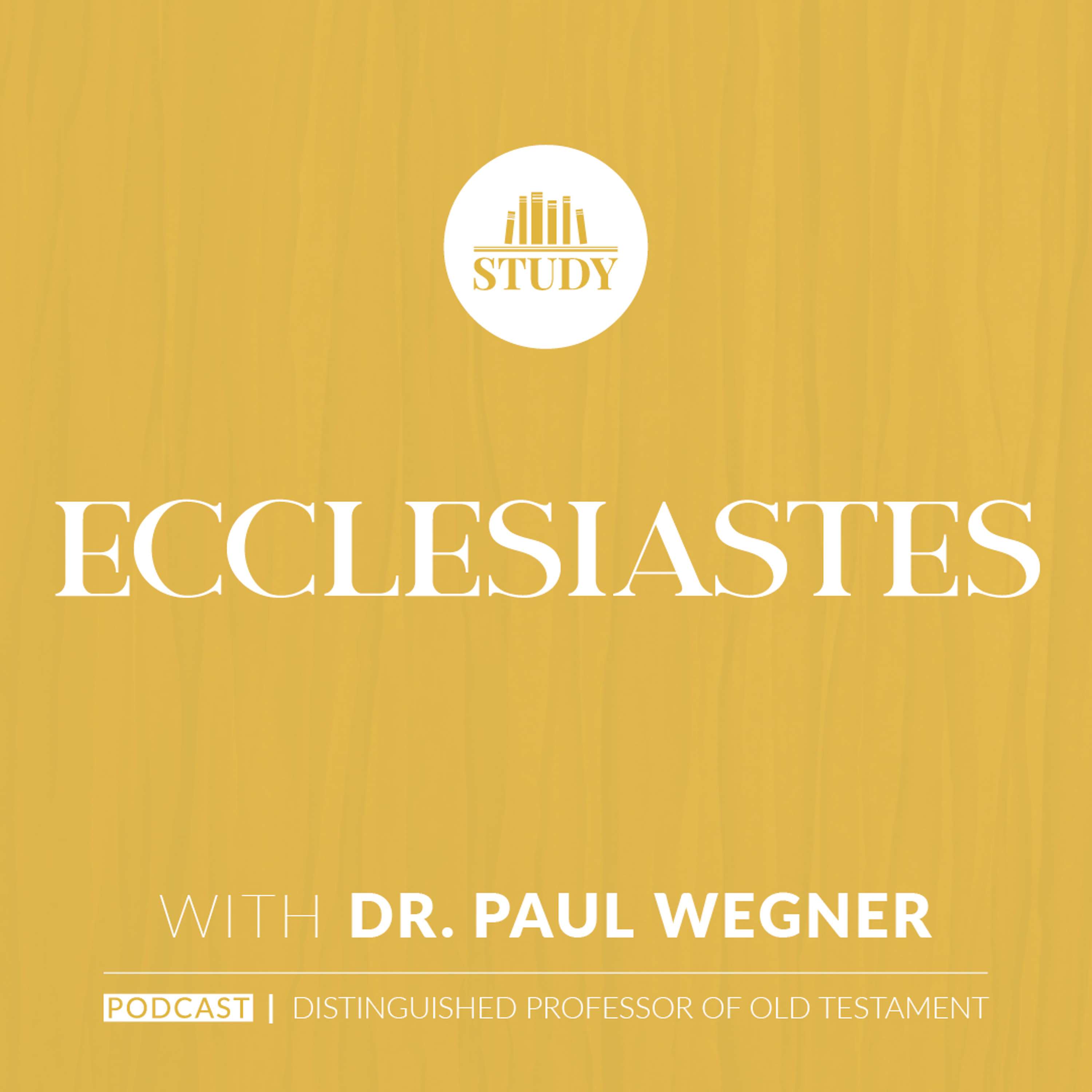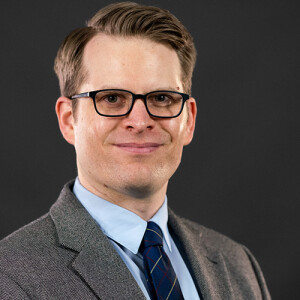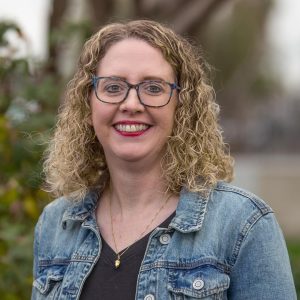It’s Halloween, which means Christmas decorations are going up in public places and holiday advertisements are everywhere. A phrase has been coined to describe the expansion of the Christmas season earlier and earlier into the Fall—Christmas creep. Serious studies have been done on this phenomenon, published in places like the Harvard Business Review. Despite the objections of a frustrated minority, advertisers, retailers, and entertainment companies are expanding Christmas in response to popular demand. Surveys show most people like it.
My first response is to lead the chorus of objectors. I feel like morphing into an old man yelling “get-off-my-lawn” and decrying the commercialization of Christmas and the weeks of sappy Hallmark-type movies. Reading the studies that show most adults like a longer Christmas season, however, has prompted me to reconsider my position. I have been mulling two questions. Why do people like stretching out the Christmas season? What does this mean for ministry leaders?
Christmas is a happy, hopeful time for many people. The human longing for hope is a powerful force. People have always longed for hope, but particularly as we emerge from the pandemic, many people hope Christmas will be a fresh source of hope. Unfortunately, their misplaced hopes are often connected to the fleeting pleasure of receiving a gift or the illusion of dysfunctional families somehow coming together.
People also associate Christmas with rest, with taking some time away from normal demands. Most schools and many companies wind things down near the end of the calendar year which creates a natural time to recharge for the next year’s sprint. Even more than in recent years, people are pandemic-weary and longing for rest right now.
Extending the Christmas season also satisfies, for some, a basic spiritual impulse to connect with God and his redemption story. They may only be Christmas and Easter Christians, but at least they have enough faith tradition to connect on that basic level. It may only be a flicker of spiritual interest, but at least it’s there.
So, rather than complain about Christmas creep, leaders should maximize the Christmas season to connect with needs expressed by people who expand Christmas into the fall. Focus on offering hope to hurting people. Focus on the gospel as a source of rest and peace. Focus on fanning spiritual flickers of faith, not extinguishing them by making sarcastic comments about casual commitments.
Christian leaders can become jaded by the commercialization and superficiality of cultural Christmas celebrations. We can also become frustrated by having to find new ways to tell an old story. Let’s resist those temptations. The Christmas season is an unprecedented opportunity to communicate hope to the hurting and rest to the weary. It’s a good time to fan-flickering faith and enhance relationships for future ministry.
Christmas creep tells us something about our culture. Let’s pay attention to what it means and make an intentional, positive response with the message and ministry of Jesus as the heart of Christmas this year.
Read More

Excerpt — Towards a Clearer Understanding of Jonathan Edwards’s Biblical Typology: A Case Study in the ‘Blank Bible’
Dr. Cameron Schweitzer provides new insights into Jonathan Edwards’s often mischaracterized typology.

Seeing the Unseen
CSBC Women’s Ministry Director Cathie Smith shares how the church can serve the marginalized in its community.
Listen
Wisdom Books | Ecclesiastes
A common misconception about the book of Ecclesiastes is that it is very pessimistic. In actual fact, there is great comfort throughout the book that while life without God is meaningless, there is great satisfaction found when we cling to the Lord, and only to Him.

Ministering in Finland
Mikko Sivonen, Academic Dean of the Agricola Theological Seminary in Finland, joins Dr. Hopkins to discuss working as a missionary in a place where people are predominantly a different denomination than you. You can learn more about Mikko’s work here www.agricolasemin

Watch

Jonathan Edwards and the Asbury Revival
Chris Chun and Chris Woznicki discuss the signs of true revival, signs of the work of the Holy Spirit, and why it is important to critically assess the characteristics of revival in a spirit of charity.

Jonathan Edwards and the Baptists | Douglas Sweeney, Nathan Finn and Chris Chun
Dr. Douglas Sweeney and Dr. Nathan Finn joined Dr. Chris Chun for a panel discussion on Jonathan Edwards, recorded live at the SBC Annual Meeting in Anaheim.




